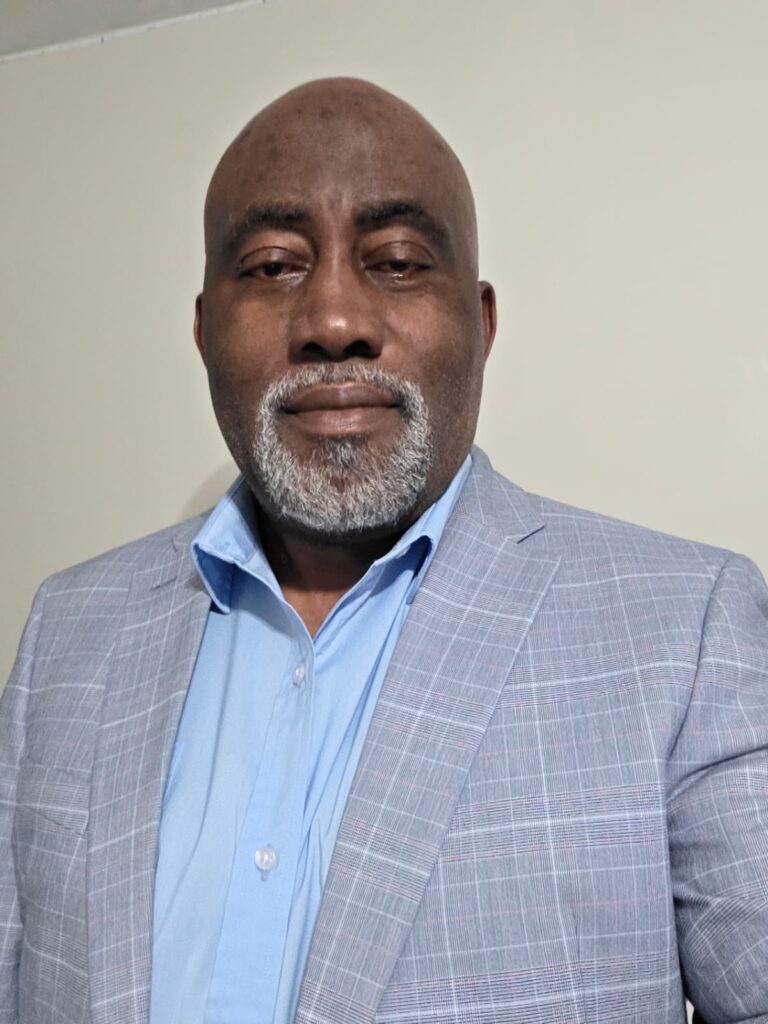A non-governmental, non-profit and advocacy organisation based in the United States (US), Tilova For Africa (TFA), has decried the increasing number of out-of-school children in Nigeria, urging the government to act swiftly to arrest the ugly situation.
While primary education is officially free and compulsory, in the country, many children, especially in the northern region, are not attending school for various reasons. It also condemned the government’s preference for vanity projects, instead of concentrating on the well-being of the ordinary people.
Tilova For Africa said the figure is approaching 20 million, thus positioning Nigeria as the country with the highest number of out-of-school children in the world. This includes children who have never attended school, those who have dropped out, and those not enrolled at the appropriate age.
In a statement by the co-founder of TFA, Mr Martin Nwabueze, a Nigerian-born pharmacist, the group described the figure as alarming, stressing that Nigerian children deserve a better deal.
Saying that it is estimated that only 63% of primary school-age children regularly attend school, the group attributed this trend to various factors, including poverty, child labour, inadequate budget allocation, poor infrastructure, illegal levies, shortage of qualified teachers and classrooms, insecurity and cultural norms, among others.
The group, headquartered in New Hampshire, USA, stated: “In some schools, some children sit on bare floors to learn. Some learn in makeshift classrooms. Some study under trees. All these do not encourage education.
“Worse still, there are schools without teachers. The situation is so critical in some areas that some communities and individuals recruit teachers for schools. The quality of the teaching is another thing entirely.
“Poverty doesn’t give many families the luxury to prioritise education over immediate income. Parents who cannot afford food and other basic things will not think about school.
“In fact, some children are the breadwinners in their homes. So, while their mates are in school, they will be hawking and a manner of stuff or engaging in child labour. Sometimes, such children are violated and impregnated.
“In some areas, the girl-child is not encouraged or allowed to go to school. Rather, they are given out to men old enough to be their grandfather as a wife.
“Again, insecurity is disrupting schooling, particularly in the north, where Boko Haram insurgents and bandits have laid siege for years. Many children have been orphaned by the activities of sundry criminals.
“In many cases, pupils have been abducted in schools. Of course, such pupils wouldn’t want to go back to school, and their parents may not be favourably disposed to send them back to school. Many years later, we are looking for scores of school girls abducted in Chibok, Borno State.
“The social implication of this ugly trend is grave. The government has to reverse this ugly trend because it will blight the future of such children and, consequently, affect the well-being of the country.
“Children who are not educated will endure limited economic opportunities in future. They will have lower self-esteem and feel inferior to their mates. They can become society outcasts with increased vulnerability to social issues like crime and extremism. Their lack of education can perpetuate poverty cycles, leading to social instability and hindering national development.
“To address this issue, the government should stop investing in vanity projects and focus on essentials such as education and critical infrastructure.
“For instance, many roads in Nigeria are in deplorable condition, and schools are begging for rehabilitation, but they left them to award a N15 trillion contract for the Lagos-Calabar Coastal Road. Similarly, they want to use N712 billion to spruce up the airport in Lagos, while some public schools look like poultry.
“As the economy bites harder, dropout rates may increase across all genders at the primary level. For now, only 84% of children transition to junior secondary education after completing primary school. The time to act is.”
According to UNICEF, the Compulsory, Free Universal Basic Education Act of 2004 mandates that every child of primary and junior secondary school age receive free and compulsory education.
However, despite this legal framework, a significant number of children, particularly in the northern regions, are still out of school, indicating challenges in the implementation of the policy.















